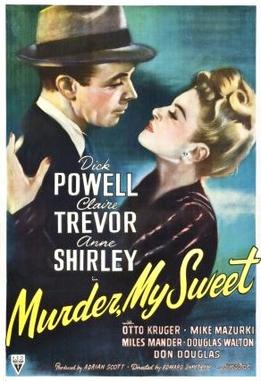A blog formerly known as Bookishness / By Charles Matthews
"Dazzled by so many and such marvelous inventions, the people of Macondo ... became indignant over the living images that the prosperous merchant Bruno Crespi projected in the theater with the lion-head ticket windows, for a character who had died and was buried in one film and for whose misfortune tears had been shed would reappear alive and transformed into an Arab in the next one. The audience, who had paid two cents apiece to share the difficulties of the actors, would not tolerate that outlandish fraud and they broke up the seats. The mayor, at the urging of Bruno Crespi, explained in a proclamation that the cinema was a machine of illusions that did not merit the emotional outbursts of the audience. With that discouraging explanation many ... decided not to return to the movies, considering that they already had too many troubles of their own to weep over the acted-out misfortunes of imaginary beings."--Gabriel García Márquez, One Hundred Years of Solitude
Search This Blog
Sunday, May 7, 2017
Murder, My Sweet (Edward Dmytryk, 1944)
Because it's based on a Raymond Chandler novel, Murder, My Sweet is inevitably subject to comparisons with another Chandler-based film noir, The Big Sleep (Howard Hawks, 1946). Which is unfortunate, because Edward Dmytryk was no Hawks, and Dick Powell and Anne Shirley were certainly not Humphrey Bogart and Lauren Bacall. But then who is? Murder, My Sweet is good stuff anyway: a steady-moving, entertainingly complicated film noir. And though Dick Powell, the first actor to play Philip Marlowe on screen, doesn't eclipse Bogart's version, he holds his own well alongside other Marlowe incarnations like James Garner, Elliott Gould, and Robert Mitchum. Powell had just turned 40 when Murder, My Sweet was released, and had lost the baby face that made him a star in Busby Berkeley musicals and in comedies like Christmas in July (Preston Sturges, 1940). (It's said that RKO changed the title of the film from that of Chandler's novel, Farewell, My Lovely, because it was afraid that people would think it was a musical.) Powell looks a little slight to take as many sappings as he does in the film -- usually accompanied by the voiceover, "A black pool opened at my feet. I dived in. It had no bottom." But he handles the tough-guy lines in John Paxton's screenplay well, and there are plenty of good ones like "She was a gal who would take a drink, if she had to knock you down to get the bottle." Or: "My throat felt sore, but the fingers feeling it didn't feel anything. They were just a bunch of bananas that looked like fingers." As usual, we don't know who's good or who's bad for a while, but they're almost all pretty bad, especially Claire Trevor as Helen Grayle, whose former identity as Velma Valento, whom Marlowe is initially hired to locate by Moose Malloy (Mike Mazurki), is what ties together all the various plots and subplots about jade necklaces and the like. This was the last film for Anne Shirley, who married the producer of Murder, My Sweet, Adrian Scott, and retired. Scott later became one of the Hollywood Ten who refused to testify before the House Un-American Activities Committee and was blacklisted. Dmytryk was also one of the Ten, but after his initial refusal to testify, he changed his mind, and gave the unverifiable testimony that Scott and the others had put pressure on him to insert communist propaganda into his films.
